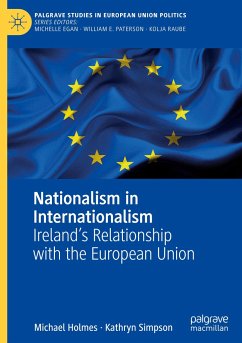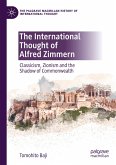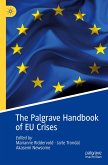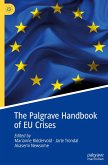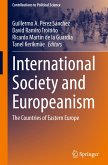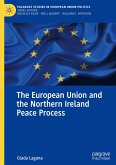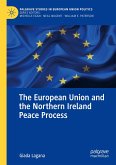This book interprets the relationship between Ireland and the European Union (EU). We are coming up to 50 years since Ireland acceded to the EU (2023), and the links between the two are unique and distinctive. The volume presents an original interpretation of Irish-EU relations, and this in turn has implications for a wider understanding of the EU. Its aim is to analyse the Irish-EU relationship from the idea of two apparently contradictory political ideas - internationalism (as represented by European integration in this particular instance) and nationalism (long the dominant value in Irish politics). The authors argue that to date the contradictions have been managed with considerable ease, leading us to characterise the Irish-EU relationship as "nationalism within internationalism".
Bitte wählen Sie Ihr Anliegen aus.
Rechnungen
Retourenschein anfordern
Bestellstatus
Storno

